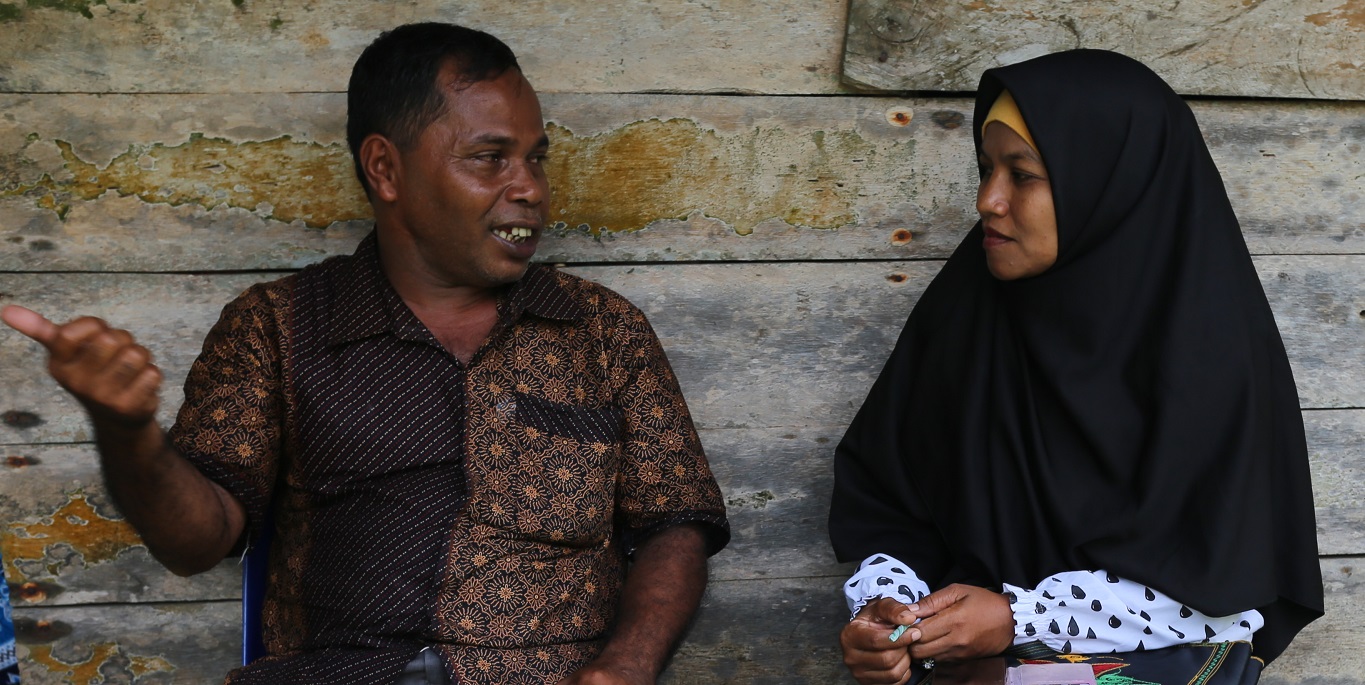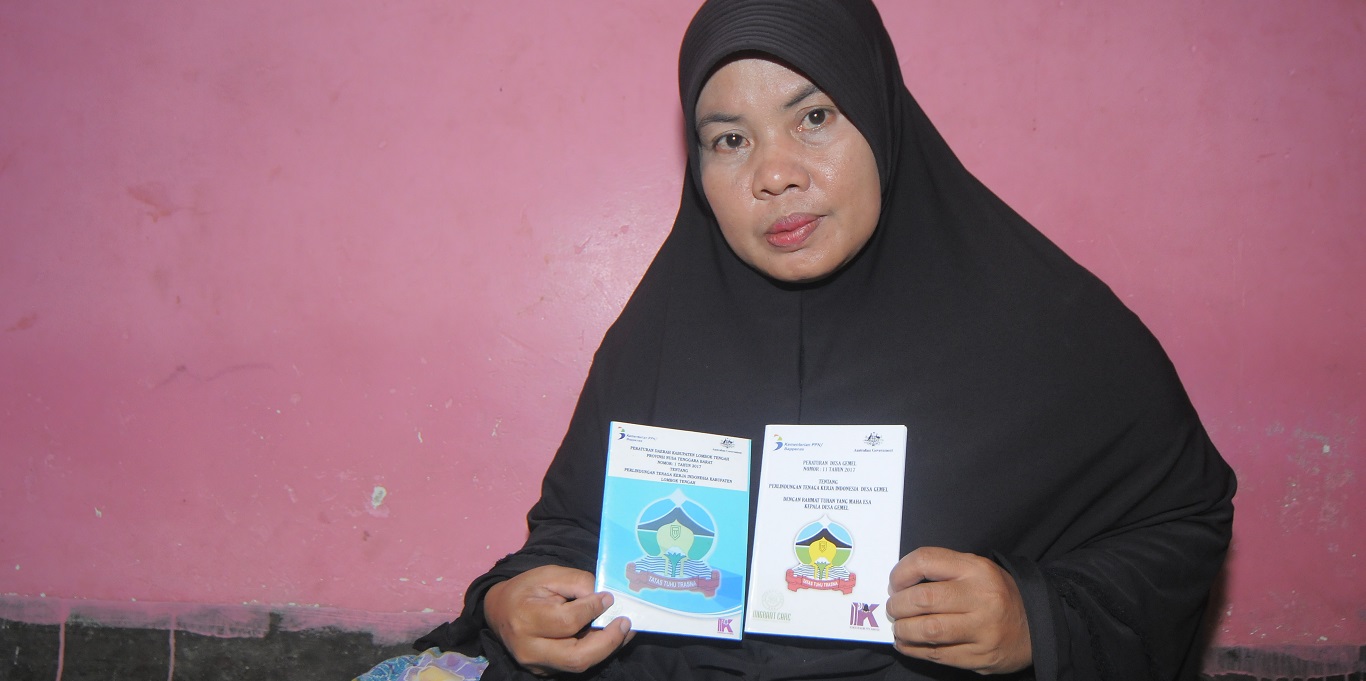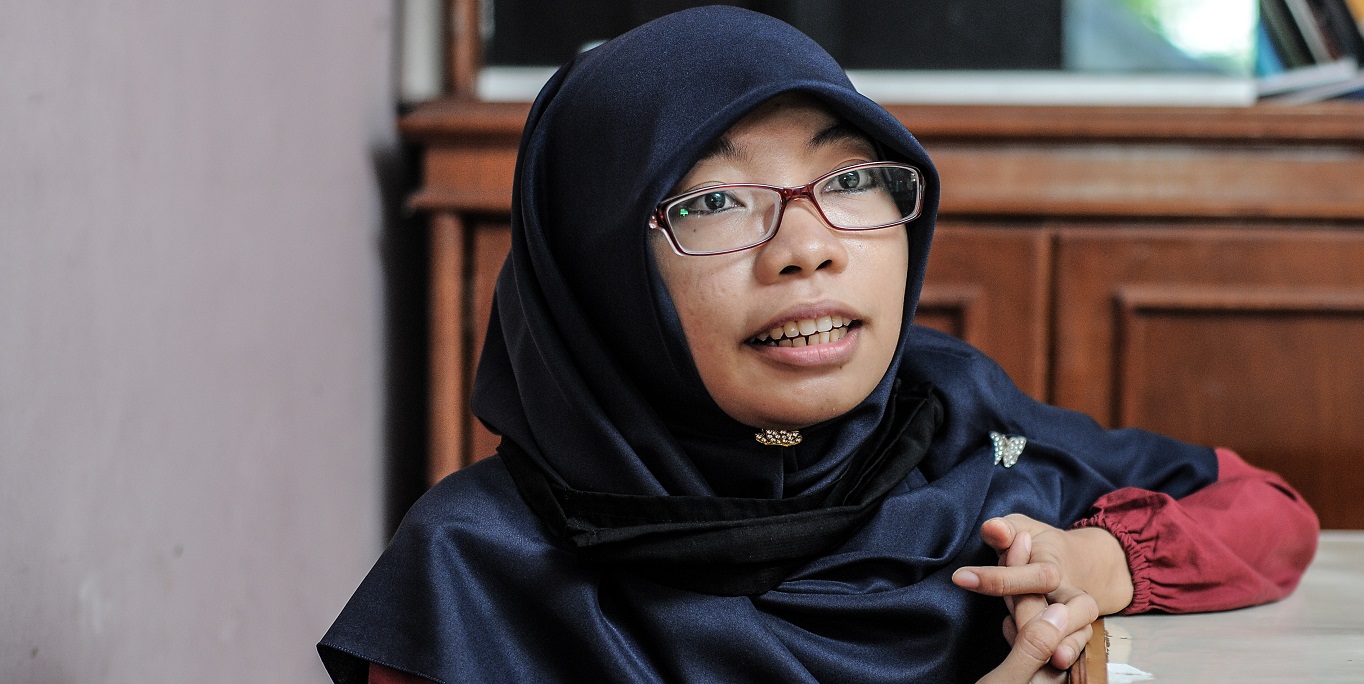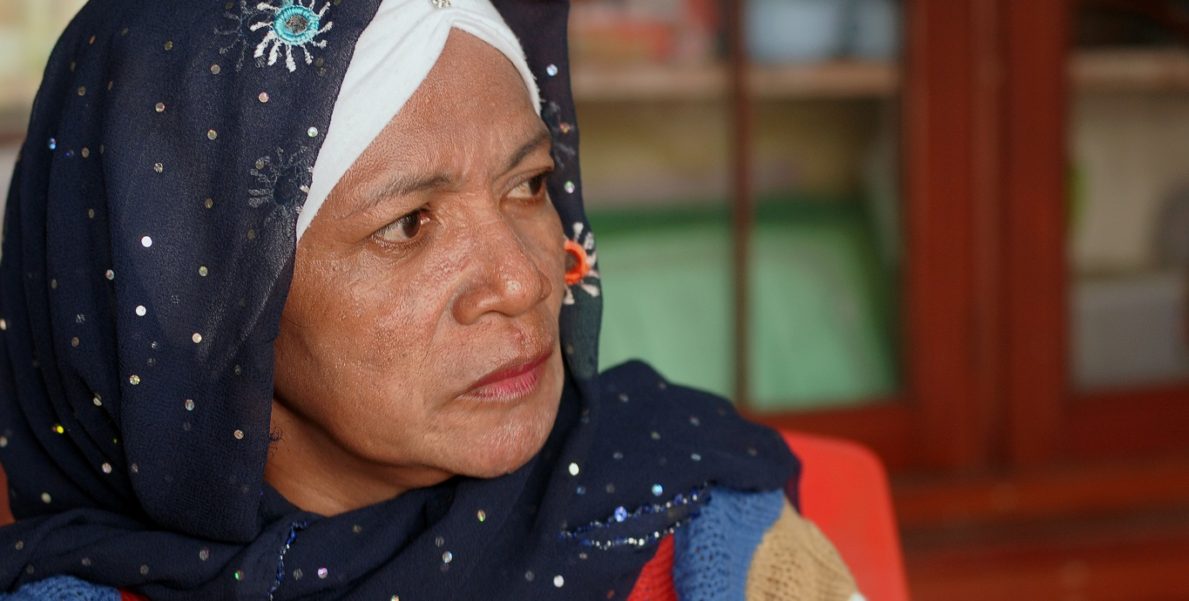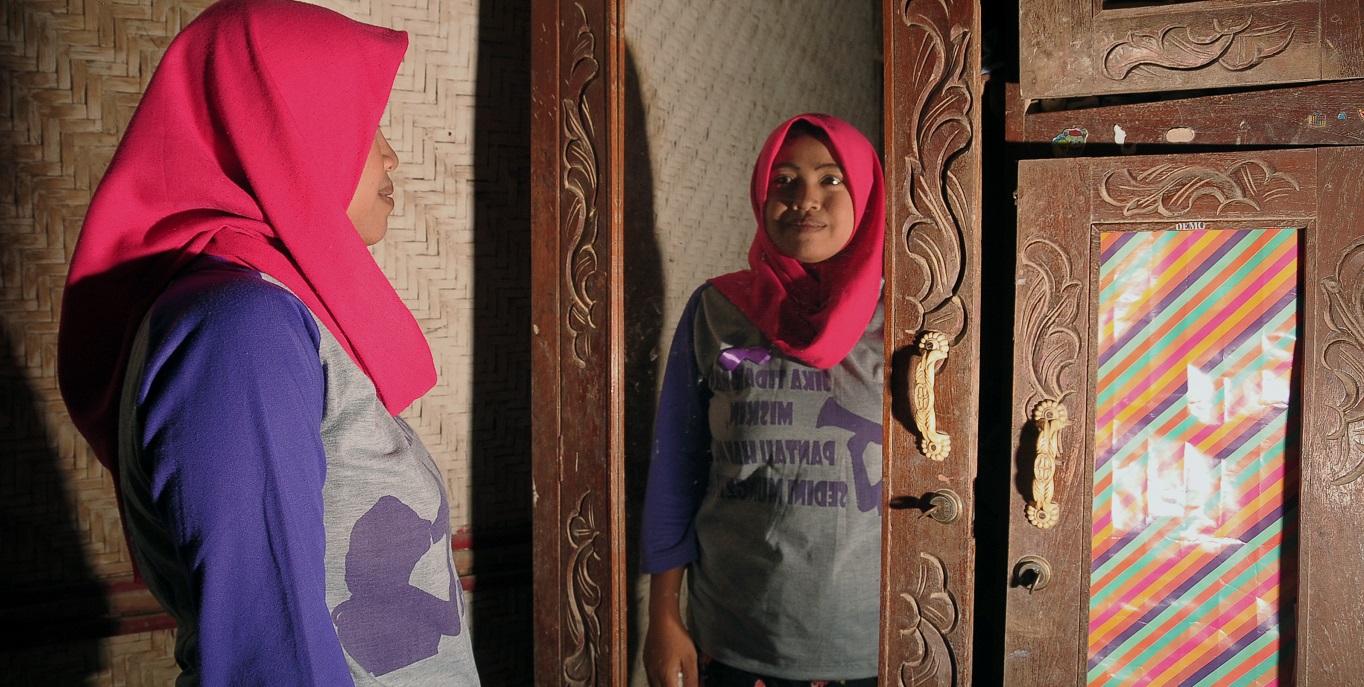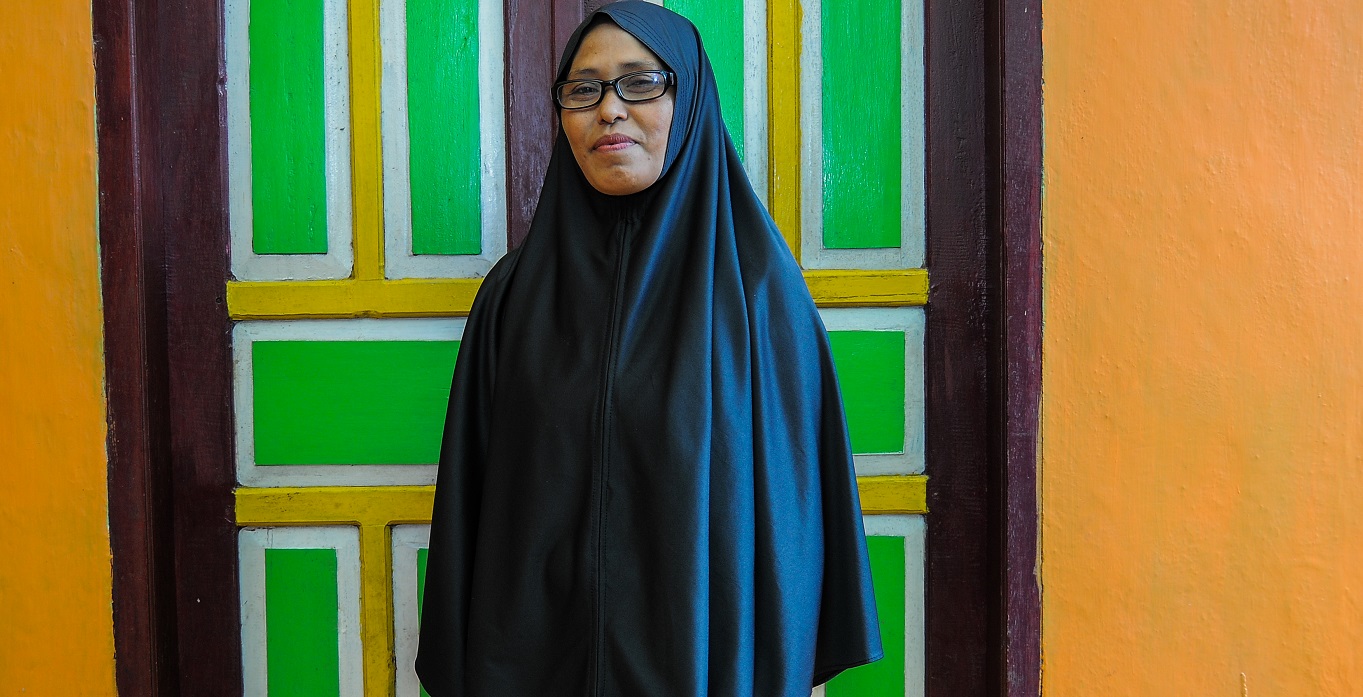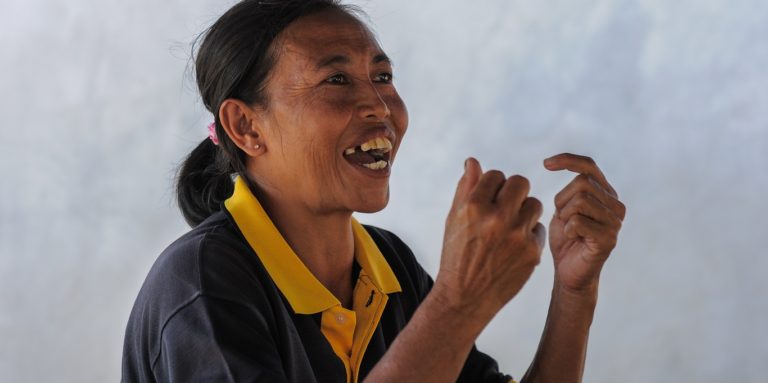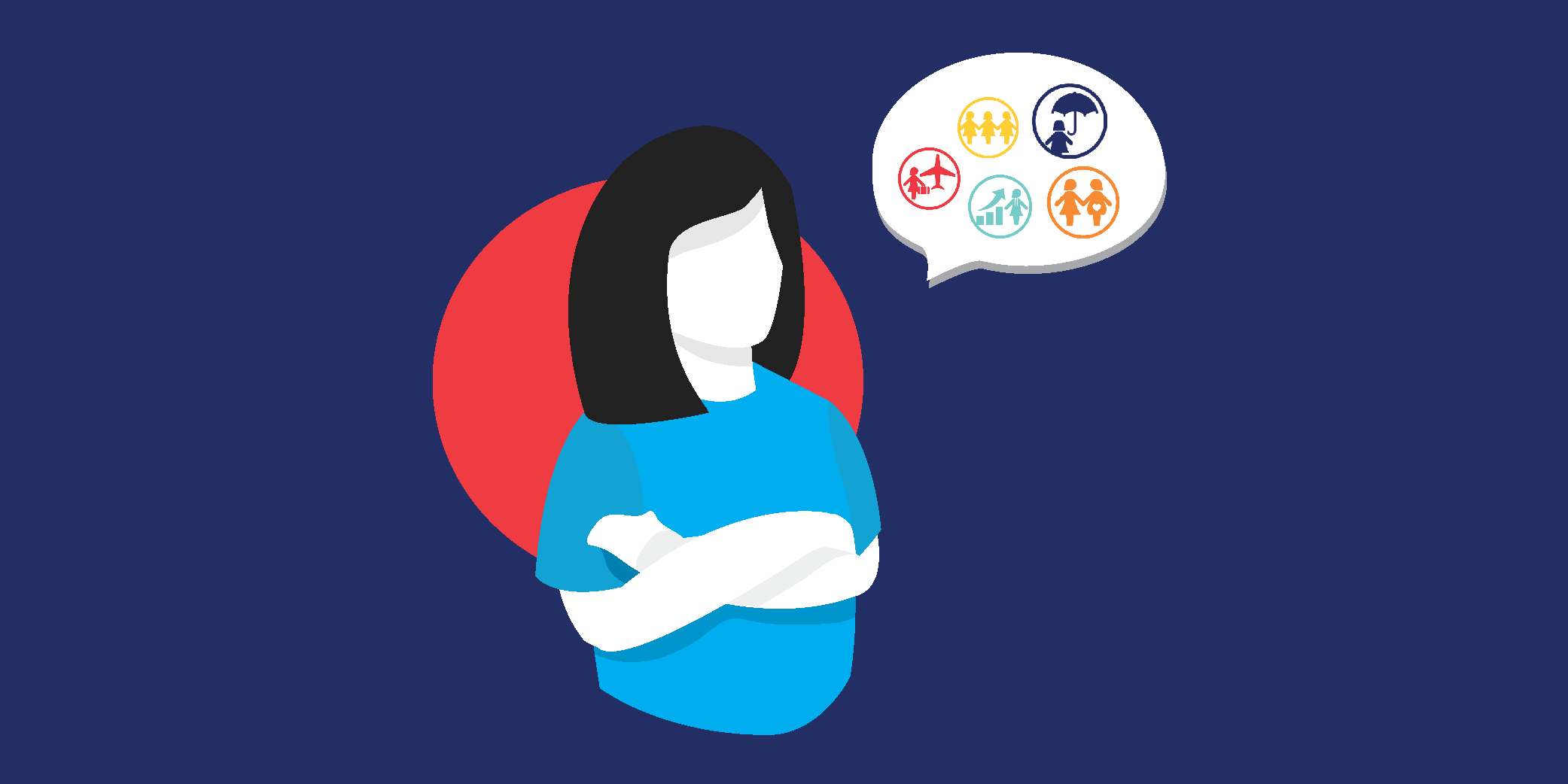Stories
Kartini in the Eyes of Misiyah
21 April 2017Penulis: admin
In the commemoration of Kartini Day, MAMPU wants to show the opinion on Kartini from today’s Indonesian women figures who are struggling for the women’s interest.
One of them is Misiyah. Misiyah or Misi, is the Executive Director of the KAPAL Perempuan Institute, an organisation that focuses on education, research, publications and advocacy for alternative education, pluralism and women’s rights. KAPAL Perempuan is one of MAMPU Program partners that focuses on improving women’s access to government’s social protection programs.
Here is the interview between MAMPU and Misi about Kartini and her struggle values.
What do you usually hear about Kartini and Kartini Day?
Kartini is always associated with the struggle for the women liberation from the feudal customary of colonial rule. Kartini was a brave and critical heroine at that time, and at a relatively young age.
While for Kartini Day, it is recognised as a national Hero’s Memorial Day and celebrated throughout Indonesia. This is a sign of recognition, though we all know that Kartini is not the only heroine since there are many other heroines, both recorded as national heroes and unrecorded in history.
Is there any change of present’s Kartini Day with previous one?
Kartini’s present commemoration day shows many changes. It has begun to put Kartini’s work and her struggle forward. It has shifted the old patterns which only limited to the symbolic things, such as: kebaya, konde (head bun) and cooking competitions without being accompanied by highlighting the emancipation struggle.
Kartini Day has become a major topic in the mass media such as the inclusion of special writing in TEMPO magazine. There are even a special shows of a painting and installation exhibition about Kartini.
From the Kartini’s celebration this year, we can see the fragment of the story of her struggle in a movie titled “Kartini”. Keeping the critics in mind, the film has succeeded in giving a strong message to raise sensitive issues in Indonesia, such as polygamy and child marriage.
Which side of Kartini that you want people to know more about her struggle?
To understand Kartini, we need to know the context of colonial era, where Kartini was able to cross the boundaries. Kartini struggled through her thoughts that transcended her time. Kartini was a noble who had the ability to empathise with the lives of the poor.
Kartini who had special privileges had braved to exchange it by dedicating herself to establish a school for the daughters of common people.
Kartini chose education to be a way out for women that time. Therefore, the meaning of education struggled by Kartini is education for women’s liberation.
I think it is important for us to make sense of the education that Kartini fought for not merely for formalities and pursuing strata of education, but further than that, education to dismantle the women’s oppression, against child marriage, against polygamy and to free women to be equal in all aspects of life.
Which Kartini’s values that you take for your struggle through KAPAL Perempuan?
The most important value is the struggle in breaking the silence of women by arousing the awareness of women to be able to realise the self-oppression of women themselves. The examples from Kartini include opposing polygamy and child marriage. Women must realise that these practices are a form of women’s oppression. With this awareness, women will have the courage to refuse and that means women have made changes.
We translate this struggle with Feminist Education or women’s education, a process of learning to build women’s critical awareness.
Kartini inspires this education to the present. Despite the progress that has been made by Indonesian women, it still leaves many poor women, who have no access to learn, and cannot formally achieve high school education, poorly educated and within the sphere of patriarchal culture and increasingly strong fundamentalism.
Women’s education for women’s liberation is an alternative answer; a lifelong learning process for women in this vulnerable groups. They need medium that can make them confident, have a bargaining position, and also freedom the of body and mind.
In Indonesia, the fulfillment of education rights for all, education that can change the character, and to make women become independent, are critical.
Moreover, Indonesia has declared itself as a government that performs mental revolution, and one of the important part is doing mental revolution of society and public official that discriminate woman.
Indonesia have signed the SDGs, in which clearly stated on SDGs goal 4 that is mandating the state to “Ensure decent and inclusive quality education and encourage lifelong learning opportunities for all”.
We hope Indonesia can achieve it.



